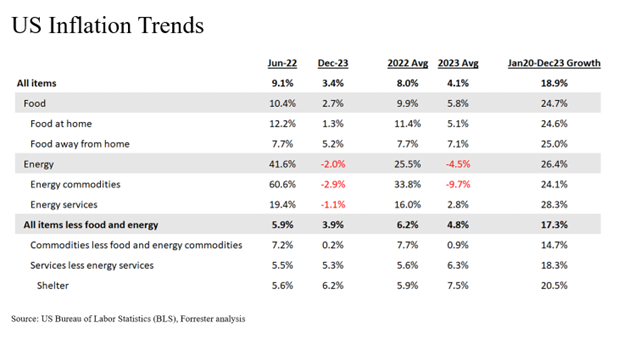Why Inflation Trends Matter for Global Stability

Inflation, the rate at which the general level of prices for goods and services is rising, is more than just an economic statistic; it’s a powerful force that can significantly impact global stability. Seemingly small shifts in inflation trends can ripple outwards, affecting everything from individual household budgets to international trade agreements and geopolitical relations. Understanding these trends and their potential consequences is crucial for policymakers, businesses, and individuals alike.
Key Takeaways:
- Inflation trends directly impact the purchasing power of individuals and the profitability of businesses.
- High or volatile inflation can destabilize economies, leading to social unrest and political instability.
- Global cooperation and coordinated economic policies are essential for managing inflation and mitigating its negative effects.
- Central banks play a vital role in controlling inflation through monetary policy, but their actions have global repercussions.
How Inflation Trends Affect International Trade
Inflation trends have a profound impact on international trade. When a country experiences higher inflation than its trading partners, its goods and services become relatively more expensive. This can lead to a decrease in exports and an increase in imports, creating a trade deficit. A persistent trade deficit can weaken a nation’s currency, potentially leading to further inflation and economic instability.
Furthermore, volatile inflation trends can create uncertainty for businesses involved in international trade. Fluctuating exchange rates and unpredictable price changes make it difficult to plan investments and manage risks. This can discourage international trade and investment, hindering economic growth. The gb economy, for example, is highly dependent on international trade, making it particularly vulnerable to the effects of global inflation. To mitigate these risks, countries often engage in trade agreements and currency stabilization efforts, but these measures can only be effective if underlying inflation trends are managed responsibly.
The Link Between Inflation Trends and Geopolitical Stability
Beyond economics, inflation trends can also influence geopolitical stability. High inflation can lead to social unrest, particularly in countries where a significant portion of the population lives in poverty or near the poverty line. As the cost of basic necessities like food and energy rises, people may become frustrated and angry, leading to protests, strikes, and even political violence.
Moreover, inflation can exacerbate existing social and political tensions. For example, if certain ethnic or religious groups are disproportionately affected by rising prices, it can fuel resentment and discrimination. In extreme cases, high inflation can contribute to the collapse of governments and the outbreak of civil war. The Arab Spring uprisings, for instance, were partly fueled by rising food prices, which were themselves influenced by global inflation trends. Therefore, monitoring and managing inflation is not just an economic imperative, but also a crucial tool for maintaining peace and stability.
Central Banks and the Control of Inflation Trends
Central banks play a critical role in managing inflation trends through monetary policy. By adjusting interest rates and controlling the money supply, central banks can influence the overall level of economic activity and the rate of inflation. When inflation is rising too quickly, central banks typically raise interest rates to cool down the economy and reduce inflationary pressures. Conversely, when inflation is too low, central banks may lower interest rates to stimulate economic growth.
However, the actions of central banks can have global repercussions. For example, if the US Federal Reserve raises interest rates, it can attract capital from other countries, potentially leading to currency depreciations and inflation in those countries. This is particularly true for emerging market economies, which may be more vulnerable to capital flight and currency volatility. Therefore, central banks must carefully consider the global implications of their policies and coordinate their actions with other central banks to avoid destabilizing the global economy.
Managing Economic Risks Related to Inflation Trends
Effectively managing economic risks associated with inflation trends requires a multi-faceted approach. Governments must implement sound fiscal policies to avoid excessive borrowing and spending, which can fuel inflation. Central banks must maintain their independence and credibility to effectively manage monetary policy. Businesses must adopt flexible pricing strategies and hedge against currency risks.
Furthermore, international cooperation is essential for managing global inflation. Countries must work together to address supply chain disruptions, promote free trade, and coordinate economic policies. International organizations like the International Monetary Fund (IMF) and the World Bank can play a crucial role in providing technical assistance and financial support to countries facing inflationary pressures. By working together, countries can mitigate the risks posed by inflation trends and promote a more stable and prosperous global economy.




